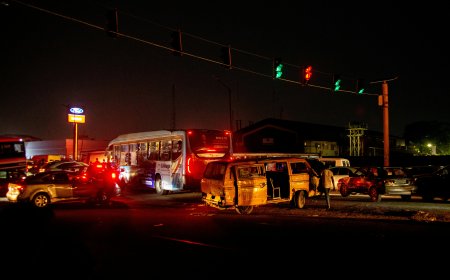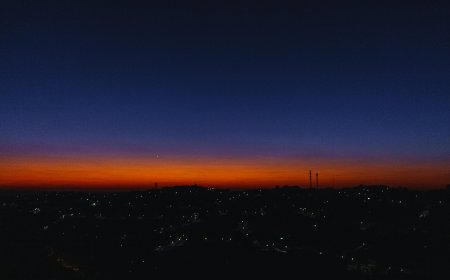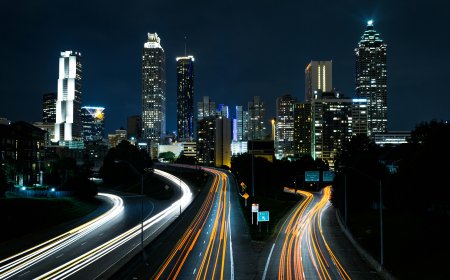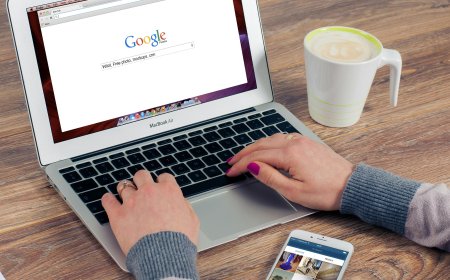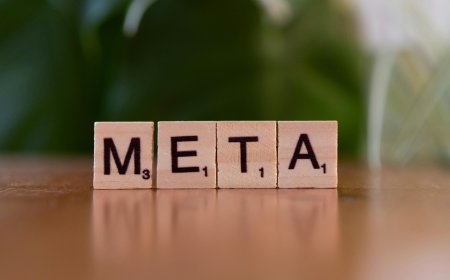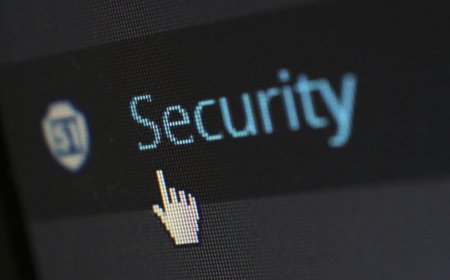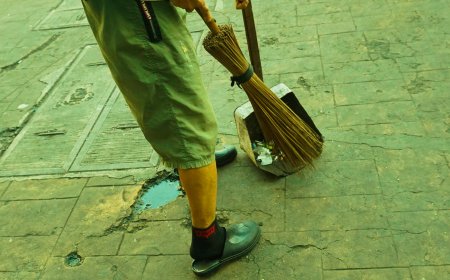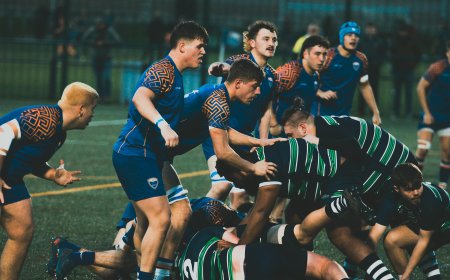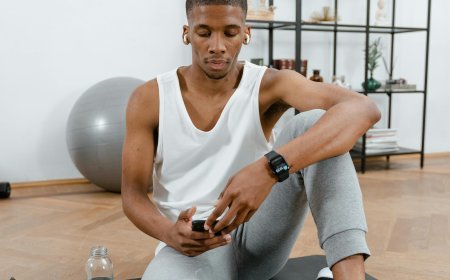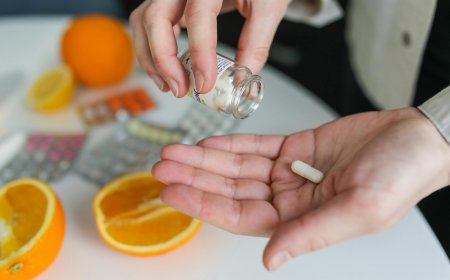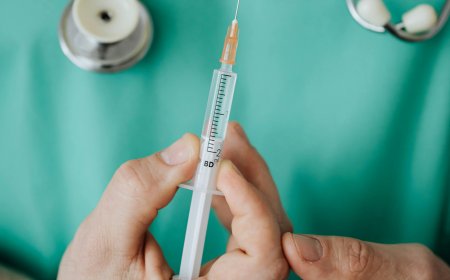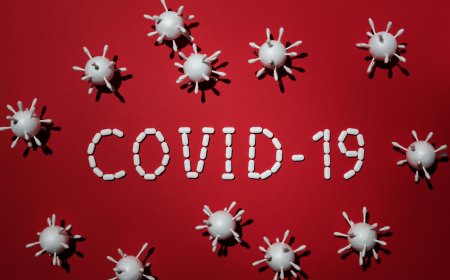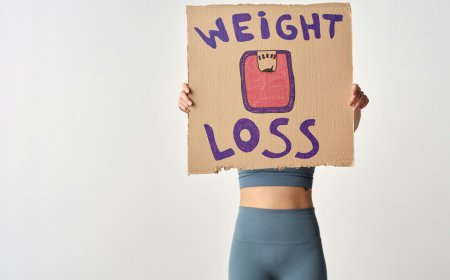US health workers urge RFK Jr to stop spreading false claims
Doctors and nurses call on Robert F. Kennedy Jr. to end misinformation, warning it threatens public health and trust.
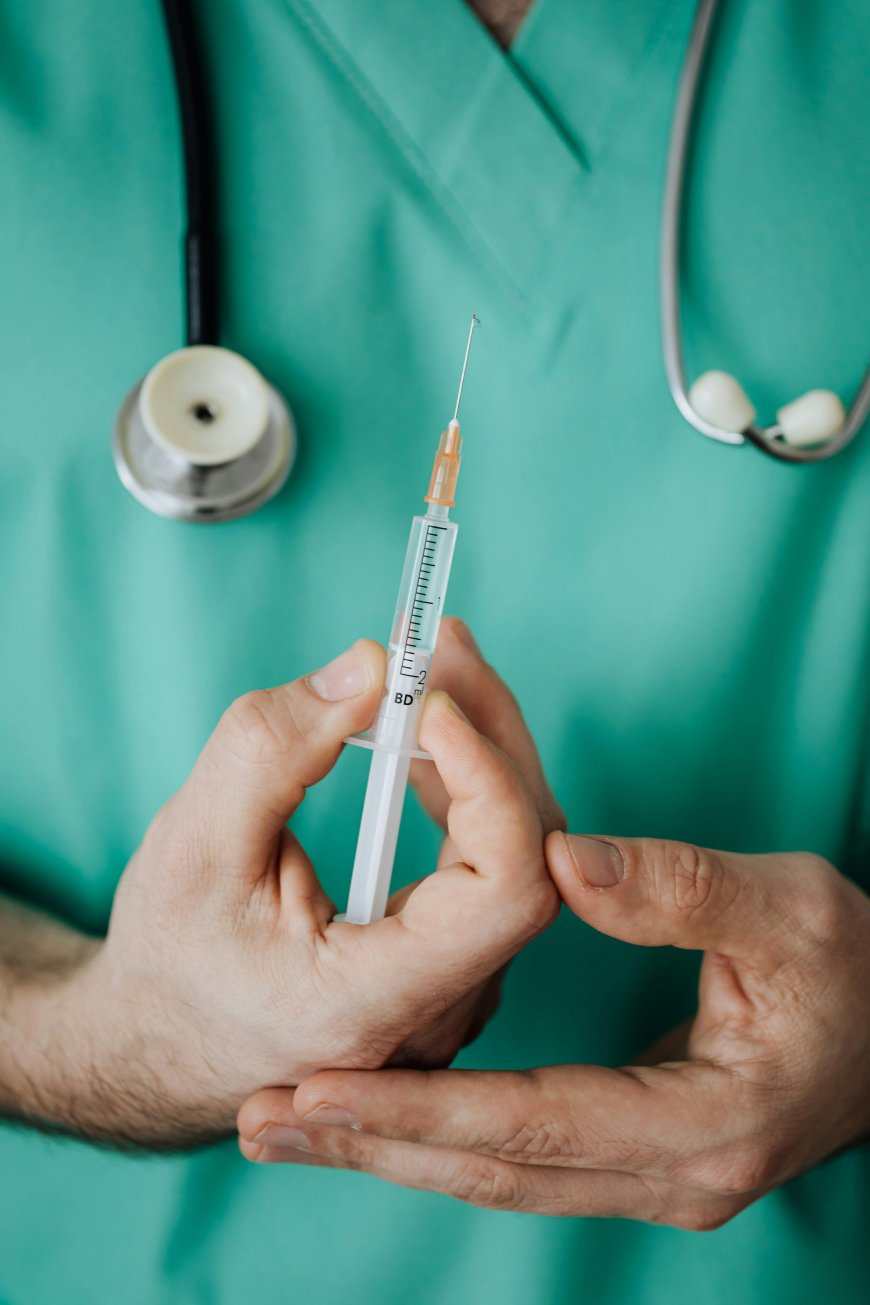
In a country still healing from the fractures of the pandemic, American health workers are raising their voices against a familiar figure. Robert F. Kennedy Jr., long known for his controversial stance on vaccines and public health policy, is once again in the spotlight—this time facing a collective plea from medical professionals who say his rhetoric is endangering lives.
Their message is clear: stop spreading misinformation before it causes more harm. But Kennedy’s growing influence in U.S. politics has made their call all the more urgent.
A Chorus of Concern from the Frontlines
Over the past few months, coalitions of doctors, nurses, and public health advocates have issued open letters and public statements directed at Kennedy. The argument is not about politics, they insist, but about protecting vulnerable communities from inaccurate medical claims.
Health workers say they’ve seen first-hand how misinformation can spread faster than a virus. Patients delay vaccinations, reject treatments, or cling to unproven remedies because they trust familiar names over scientific consensus.
One pediatrician in Chicago described a mother who refused standard childhood vaccines after hearing Kennedy speak at a local event. “We’ve spent decades building trust,” she said, “and it can be undone in a single speech.”
Kennedy’s Rise as a Polarizing Figure
Kennedy, nephew of former President John F. Kennedy, has leveraged his family’s name recognition and reputation for defiance into a national platform. Once a respected environmental lawyer, he has recast himself as a champion of “medical freedom,” a phrase critics say is a euphemism for encouraging vaccine skepticism.
While some Americans applaud his outspokenness, public health experts see something more troubling: a voice with mainstream visibility amplifying doubts about proven science. Kennedy’s recent appearances on major podcasts and rallies have drawn both applause and alarm, leaving medical leaders scrambling to counter his influence.
Why Health Workers Say the Stakes Are Higher Than Ever
Doctors and nurses argue that the U.S. is already in a fragile place when it comes to public trust. Vaccine uptake for childhood diseases has dipped in several states. Seasonal flu shots, once routine, are increasingly skipped. And COVID-19 boosters have faced resistance, despite evidence of their benefits.
For frontline workers, misinformation isn’t an abstract debate—it shows up daily in emergency rooms, clinics, and community health centers.
- Delayed care: Patients waiting until illnesses become severe.
- Unnecessary deaths: Individuals rejecting proven treatments in favor of fringe cures.
- Strained systems: Hospitals facing surges of preventable diseases.
“Every time someone with a large platform spreads false claims, we end up treating the fallout,” said a nurse in Los Angeles. “It’s not politics for us. It’s life and death.”
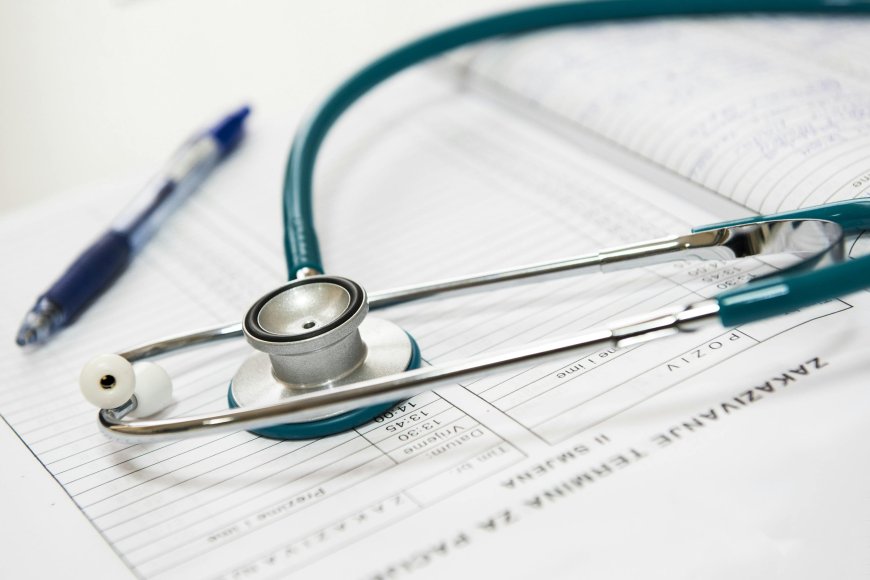
Storytelling: A Family Torn Between Science and Doubt
Consider the case of the Ramirez family in Florida. Their teenage son was hospitalized with pneumonia complications after they delayed seeking treatment, influenced by online posts questioning antibiotics. When asked where they heard those doubts, the parents mentioned a podcast appearance by Kennedy.
“We thought we were being cautious,” the father admitted. “But now, seeing him in the hospital bed, we regret waiting.”
This is the human cost that health workers emphasize: misinformation doesn’t just sway opinions; it alters choices that can break families.
The Public Health Community Fights Back
To counter Kennedy’s influence, professional medical associations have launched information campaigns that aim to rebuild trust. They emphasize transparency, acknowledge public fears, and provide accessible explanations about vaccines and treatments.
Some strategies include:
- Community Town Halls: Doctors meeting residents face-to-face, answering unfiltered questions.
- Social Media Outreach: Using platforms where misinformation spreads to push back with verified facts.
- Partnerships with Faith Leaders: Engaging trusted community figures to encourage healthy decisions.
Health professionals argue that silencing voices like Kennedy’s isn’t the goal. Instead, they want Americans to weigh claims against solid evidence—and to recognize when political rhetoric crosses into dangerous territory.
Kennedy’s Response: Defiance and Framing as “Free Speech”
Kennedy has brushed off criticism, framing the backlash as an attempt to silence dissent. He positions himself as a defender of free speech and individual choice, resonating with voters skeptical of government mandates.
“People deserve transparency, not censorship,” Kennedy has said at rallies. His supporters echo this sentiment, insisting that questioning authority is a core American value.
But health workers counter that free speech does not absolve responsibility. “Words carry consequences,” said Dr. Mark Lewis, a Boston oncologist. “When those words lead people to reject care, the result isn’t freedom—it’s tragedy.”
The Political Context: A Campaign Fueled by Distrust
Kennedy’s growing prominence in the 2024 political landscape complicates the debate. While his campaign has little chance of overtaking major party candidates, analysts note that his presence captures a powerful undercurrent of distrust in U.S. institutions.
For many voters disillusioned by the pandemic response, Kennedy’s message of skepticism toward pharmaceutical companies resonates. This makes the work of health professionals even harder, as the lines between political identity and medical decisions blur.
Balancing Free Debate with Public Safety
The central tension remains: how to respect open debate in a democracy without letting harmful misinformation spread unchecked. Health workers argue the answer lies not in censorship, but in amplification of trusted voices.
This requires investment in public communication, empathy for people swayed by misinformation, and relentless reinforcement of facts. It also means confronting high-profile figures—like Kennedy—who blend political messaging with claims that contradict medical consensus.
Ultimately, the responsibility may rest with both the public and leaders to discern between advocacy and accuracy.
Conclusion: A Plea for Responsibility
The plea from America’s health workers is not merely a professional complaint—it is a cry from those who see misinformation turn into human suffering. While Kennedy insists on his right to speak freely, doctors and nurses argue that leadership requires accountability.
As one physician put it: “We don’t expect politicians to practice medicine. But we do expect them not to make our work harder by undermining it.”
The clash between free speech and public health is not new. Yet in today’s climate of polarization, its consequences feel heavier than ever. For families like the Ramirezes, for hospitals overwhelmed with preventable illnesses, and for communities struggling to rebuild trust, the hope is simple: that voices with influence choose responsibility over rhetoric.
FAQs
1. Why are health workers speaking out against Robert F. Kennedy Jr.?
Because they believe his statements about vaccines and public health undermine trust and put lives at risk.
2. Does Kennedy oppose all vaccines?
He has not rejected all vaccines outright but has repeatedly raised doubts about their safety, which experts say misrepresents evidence.
3. How does misinformation affect everyday healthcare?
It leads to delayed treatments, lower vaccination rates, and higher risks of preventable illness outbreaks.
4. What solutions are being proposed to counter misinformation?
Doctors are focusing on community engagement, transparent communication, and partnerships with trusted local leaders.
5. Is this debate about politics or public health?
Health workers emphasize that their concern is about protecting lives, though Kennedy has framed it as a political issue tied to free speech.
What's Your Reaction?
 Like
0
Like
0
 Dislike
0
Dislike
0
 Love
0
Love
0
 Funny
0
Funny
0
 Angry
0
Angry
0
 Sad
0
Sad
0
 Wow
0
Wow
0









